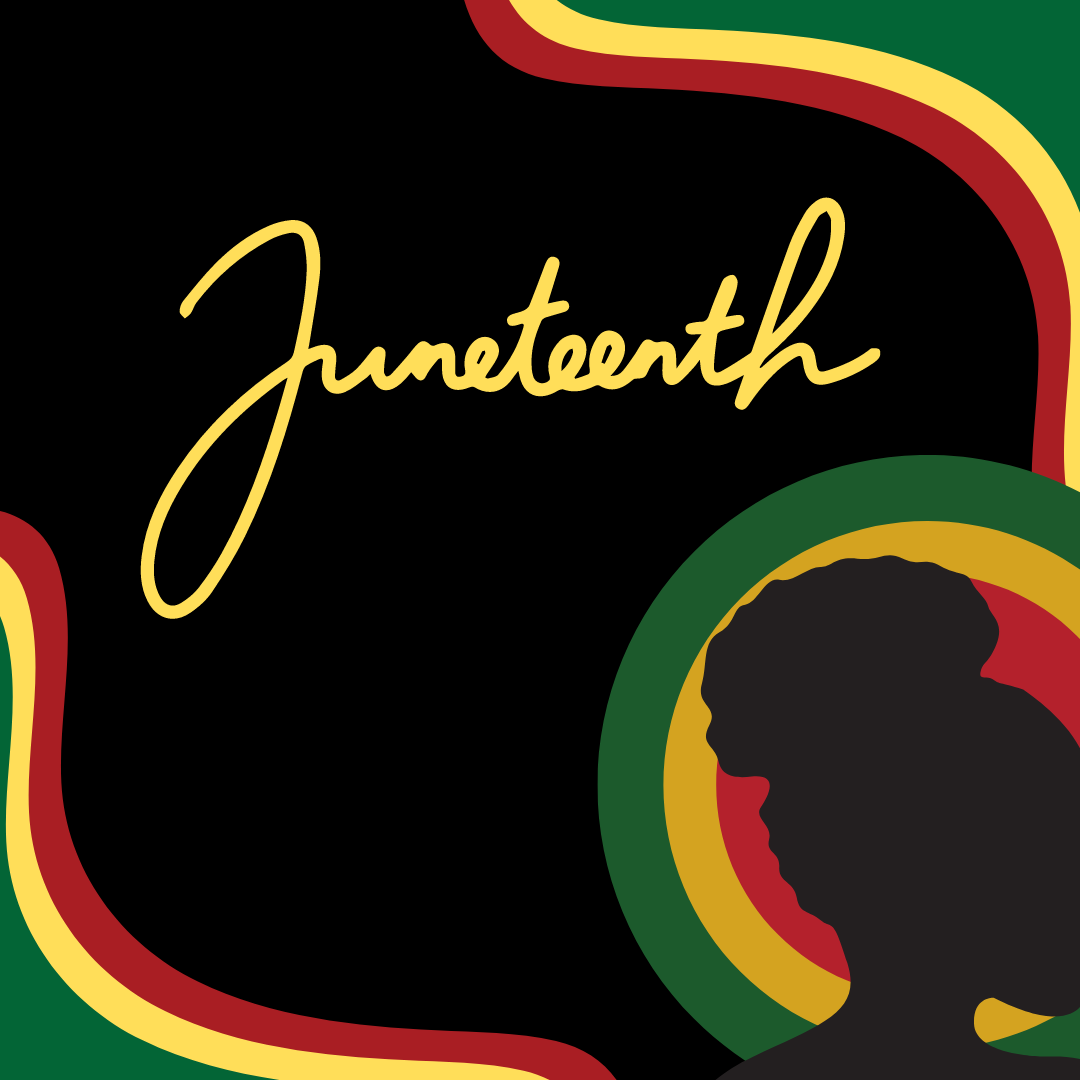
Juneteenth
May I share my heart with you?
My purpose in writing this piece is not to convince you that injustice is wrong or that even in this year, racial discrimination is still a big issue. The goal is to show how God used this holiday, born from unfairness and wrongdoing, to display areas of my heart that I hadn’t fully submitted to him. I hope that my experience will highlight areas in your own heart that need to be surrendered and encourage you to draw nearer to God.
In recent years, the cry for justice in our country has risen to a blooming crescendo. It had been crying out continually but until the year 2020, it had been easily overlooked by many becoming background static. Noise that is heard, but not important enough to lead to action. Like the person in a deep slumber, hearing their alarm but choosing to continue to sleep until an uproar so loud is heard that sleep is no longer an option. That uproar came in the form of racial injustice and could no longer be ignored by those impacted the most by it. Whether you are black, white, or other, the issues that have been long endured by many were taking center stage during a worldwide pandemic.
As a Jamaican American woman of African descent pregnant with my third son, I felt like the band-aid had been ripped off my emotions. My acceptance of the racial hardships and limitations of this world no longer calmed me. Looking into the eyes of my child as he was growing out of babyhood and into the man that he will become, I grieved. I recognized that someday my husband and I would have to have the dreaded talk with him. The talk of how he would need to cope with the injustices that come with being a Black man. In this talk, we will have to explain that the world is not fair and there are times he will be unable to do anything about it but do his best to come home safely.
It is in this environment that I learned of Juneteenth the holiday. The day that celebrates when freedom for the descendants of the stolen African people became more than an edict. While the law of the land granted freedom, it wasn’t until military force came to declare and enforce it that those oppressed, in Galveston, Texas, felt the joy of freedom. Many fled to Texas because it was further out of the reach of the Union Army so that they could continue the practice of slavery. Those in power in Texas were aware of the edict and chose not to enforce it. The knew that slavery had been abolished, yet it continued for many reasons but ultimately because it suited those in power to allow it.
Now, one hundred fifty-nine years later, it is easy to say that we would never allow it, or we would never take part in this type of injustice. Truthfully, there are those in this world who are full of darkness and desire that darkness to succeed. In contrast, some fight darkness at every chance they get. They passionately march while holding signs that call out for justice. Then there are those in this world who are too busy with their own lives and agendas to challenge the darkness. And if I’m honest, far too often I find myself in this category.
Now that my third son is almost four, the fever for justice has died down some in our country. There are fewer racial injustice marches, talks, and experiences being featured on the news or social media. Now, I find myself asking: what would God have me do? How would God have me to live in a way that continually displays His love of all humanity? What does the Lord want me to learn from this bit of history?
In the face of these questions, I am reminded of Micah 6:8. It says, “He has told you, O man, what is good; and what does the LORD require of you but to do justice, and to love kindness, and to walk humbly with your God?” The world during Micah’s day had many similarities to our world. Micah lived in a harsh, materialistic society left behind when old systems were taken away. Where the upper class was frequently cruel to the poor, and many pagan religions were plentiful. This is not so different from the world that we are currently facing. We live in a society that was ravished by the greed of those who came before us, and I believe Micah 6:8’s call for justice is God’s answer for us as well.
To do justice means giving everyone what they are owed. To behave in a way that is equitable to all those around us, whether we are above, below, or alongside them. All too often we cry out for justice but don’t want to be just. We demand equality for all in the courts but are unfair in our dealings. Do we only do right when we have an audience but, in secret, take advantage of others? Do we only do the hard moral thing when we know we are being watched then live sinfully when we aren’t? This is just another form of hypocrisy. I believe the true measure of whether we would take part in injustice is how we live in secret. How we behave when we can get away with our wrongs shows us our motives and true inclinations. Do we lie to get our way or are we honest and upfront even when it costs us something?
For those living during the first Juneteenth and taking part in keeping the African Americans in prolonged slavery, integrity would have cost them financially and socially at the very least. While most of our unfair dealings aren’t as major as choosing to harm others, if we cannot be trusted in these smaller areas, how can we say for certain that we wouldn’t take part in larger injustices? Especially, when it was accepted, encouraged, and yielded profit for society. Truthfully, one person is unable to undo the damage that has been done, but with one interaction at a time, we can help to heal hearts wounded by injustice. Through one just encounter at a time, we can be salt to the world that we Christians are called to be.
So, I urge you this Juneteenth, to keep crying out for justice but also to keep a close eye on all your doings. Ask the Lord to reveal the areas in which you may be putting your comfort over being just. Do you point out the mistake the cashier made when it is in your favor? Do you look favorably at those who are in a position to benefit you and dismissively at those you deem beneath you? Do you do everything at work but work? Have you reassessed established systems to check for new ways to include perspectives from different cultures? Have you taught your children about justice and what it means according to God? Have you asked the Lord to show you the ungodly things you have allowed in your life simply because they suit you?
Finally, the Juneteenth holiday has taught me more about my culture and history. It has shown me how God used people, policies, and even armies to bring freedom. None of these things are perfect or could bring freedom on their own but in the hands of the God who rules over nations, they can be powerful tools in the fight for God’s ideal in this world. My prayer is that we, who call ourselves Christians, would submit fully to God so that he can use us in His fight. May your Juneteenth be full of joyous freedom, glorious praise, and deeper, life-changing insights.
